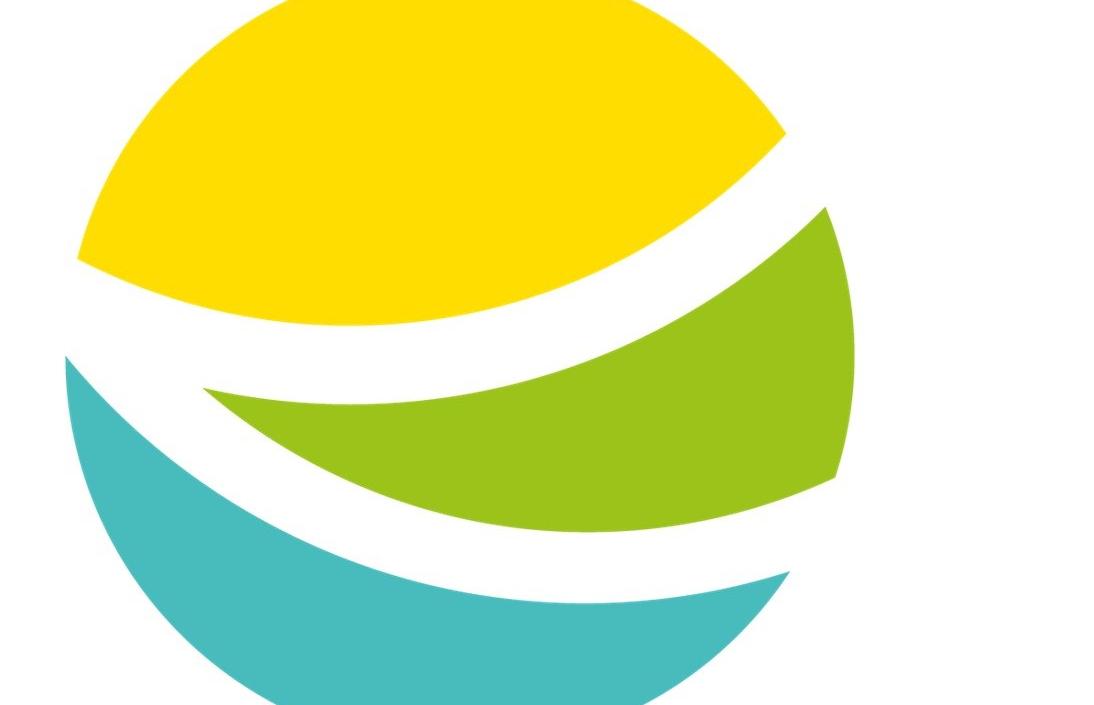
22 European islands have today published their clean energy transition agendas, making a firm step towards decarbonising their energy systems with a strong focus on citizen engagement. (you can find the press alert on the European Commission's website here)
Selected by the Clean Energy for EU Islands Initiative of the European Commission in February 2019, A Illa de Arousa (Spain), the Hvar Archipelago (Croatia), Brač (Croatia), Cape Clear (Ireland), Halki (Greece), Ibiza (Spain), Kasos and Symi (Greece), Korčula (Croatia), Kökar (Finland), Menorca (Spain), Pantelleria (Italy), Ouessant, Molène and Île de Sein (France), and Eigg, Muck, Rum, Canna, Fair Isle, Foula, and the peninsula of Knoydart (Scotland) have each developed decarbonisation pathways tailored to their individual needs and assets over the past nine months.
Another 7 islands are currently in the final approval process and will publish their transition agendas in the near future, namely the Azores archipelago (Portugal), Mallorca (Spain), Marie-Galante (France), Belle-Île, Hoedic and Houat (France), and Crete (Greece). They will be available on the website when they’re ready.
The publication of the agendas comes as EU decision-makers and representatives of the EU islands community gather at the Clean Energy for EU Islands Online Forum to discuss the future of the EU islands community.
European Commissioner for Energy Kadri Simson said: “These transition agendas are a testament to the hard work and fruitful collaborations among islanders, both within their communities and across borders. It has been truly inspiring to see what is possible when local people have the power and support to write their own futures. We look forward to continuing the cooperation with the EU island communities to make the European Green Deal a reality, both through this initiative and through other EU actions to support a locally-driven energy transition.”
The islands’ transition agendas were written by the island transition teams, with the support of the Clean Energy for EU Islands Secretariat. One year ago, the initiative’s six pilot islands had published their agendas.
View all the agendas
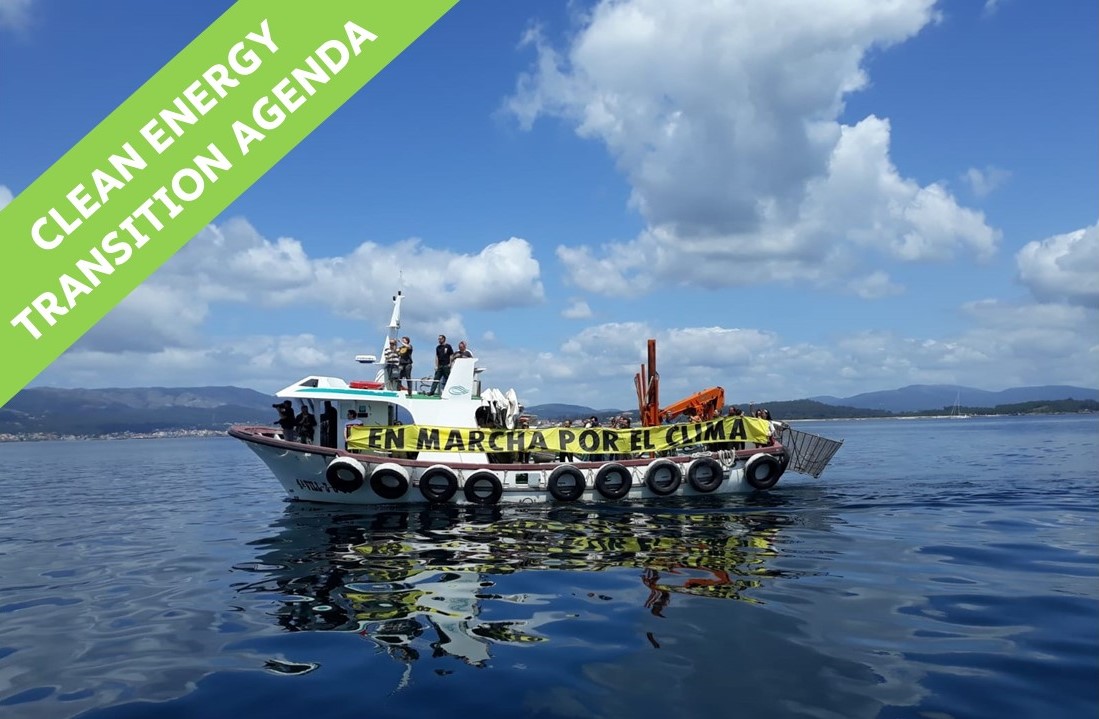
|
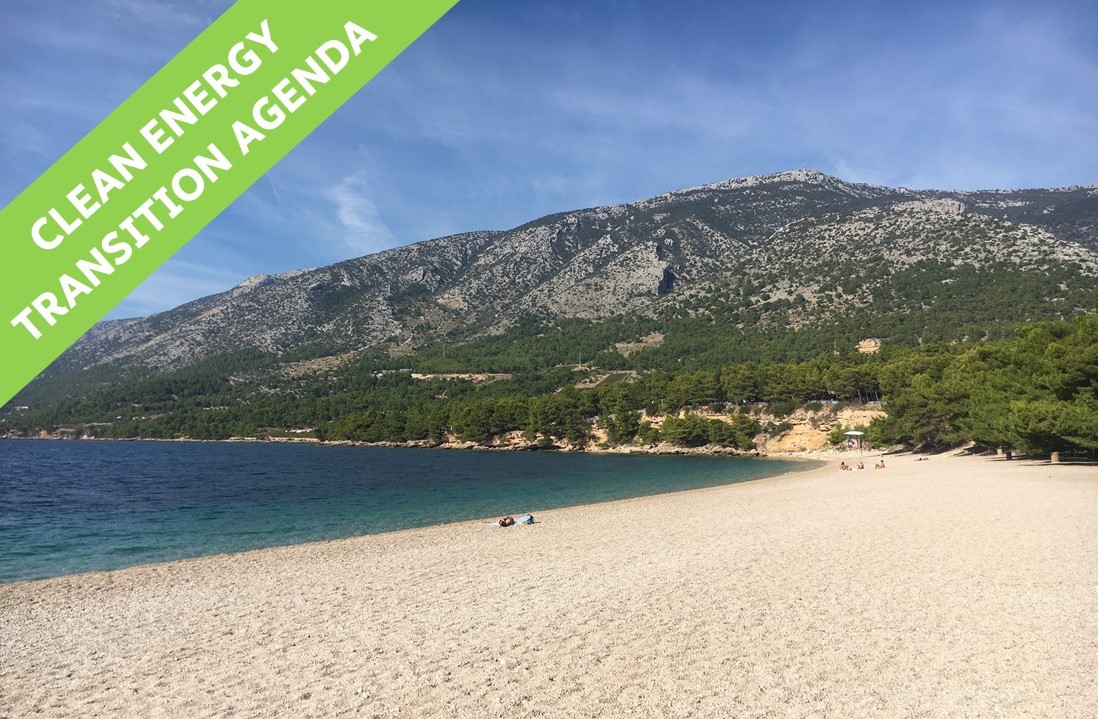
|
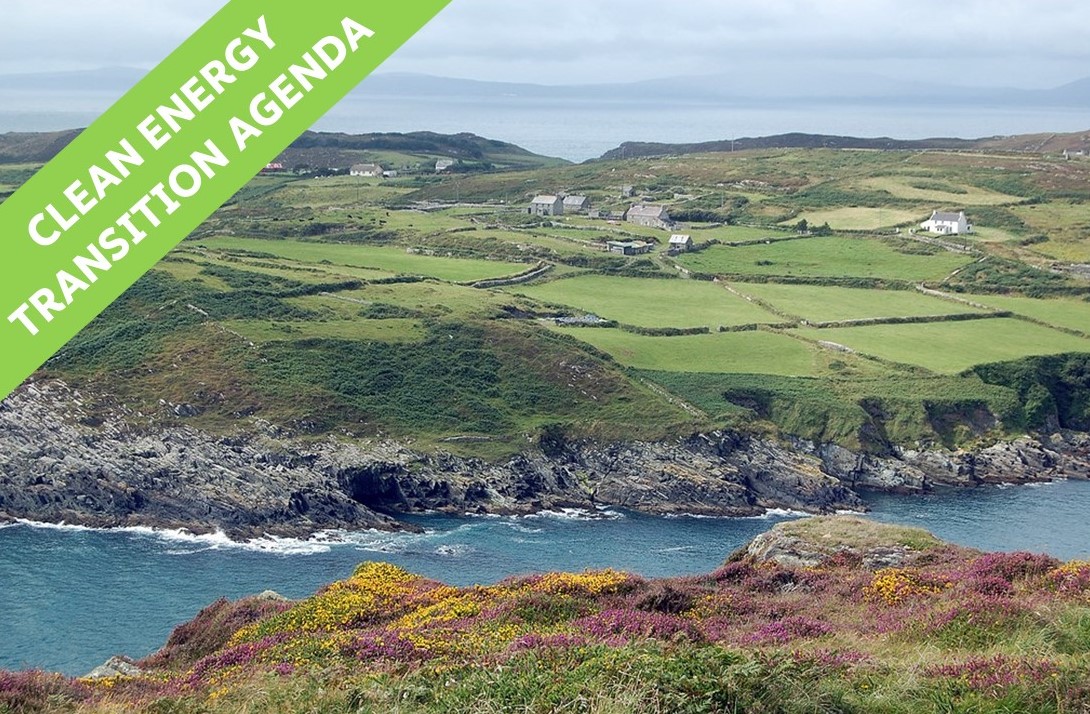
|
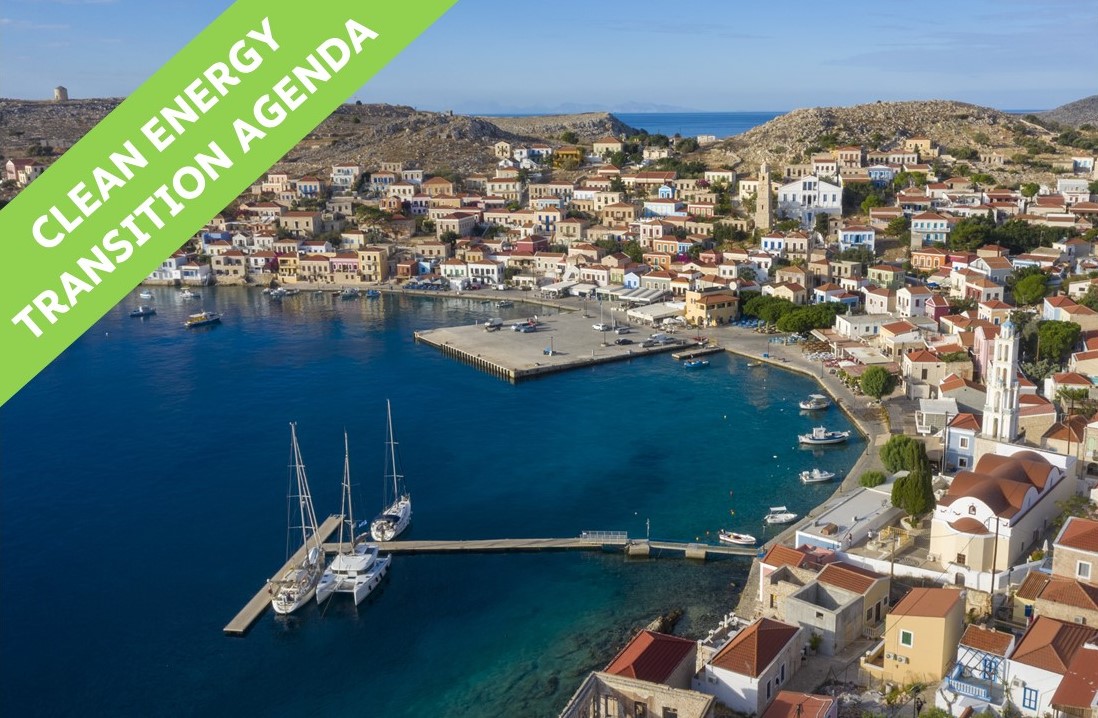
|

|
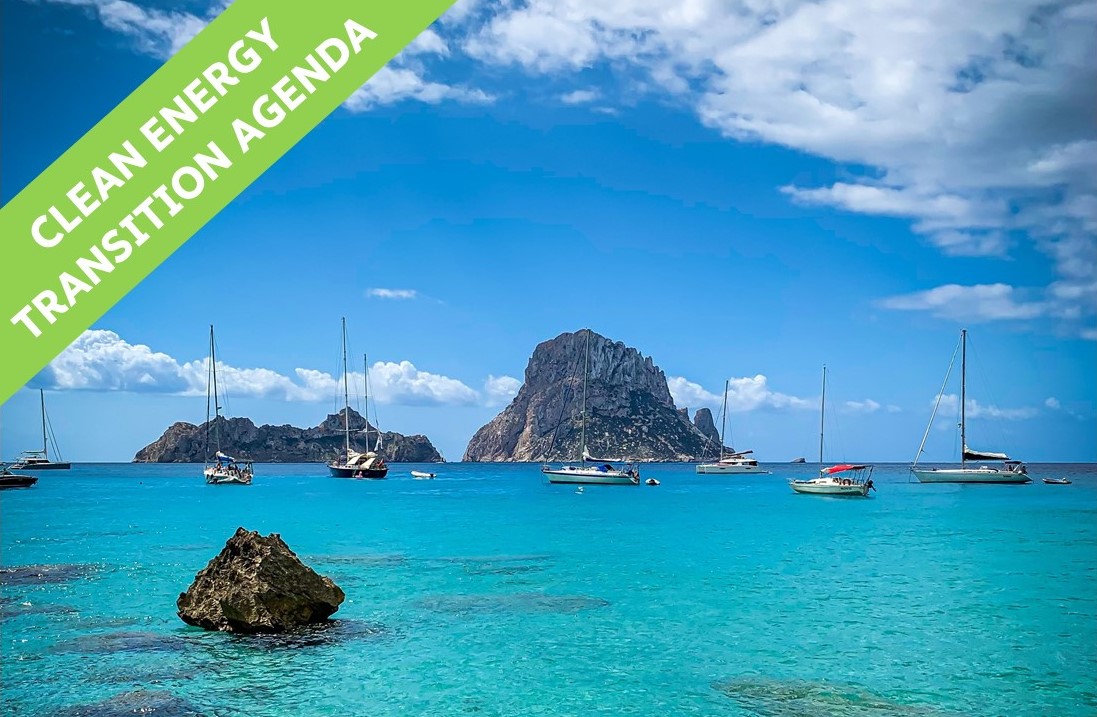
|

|
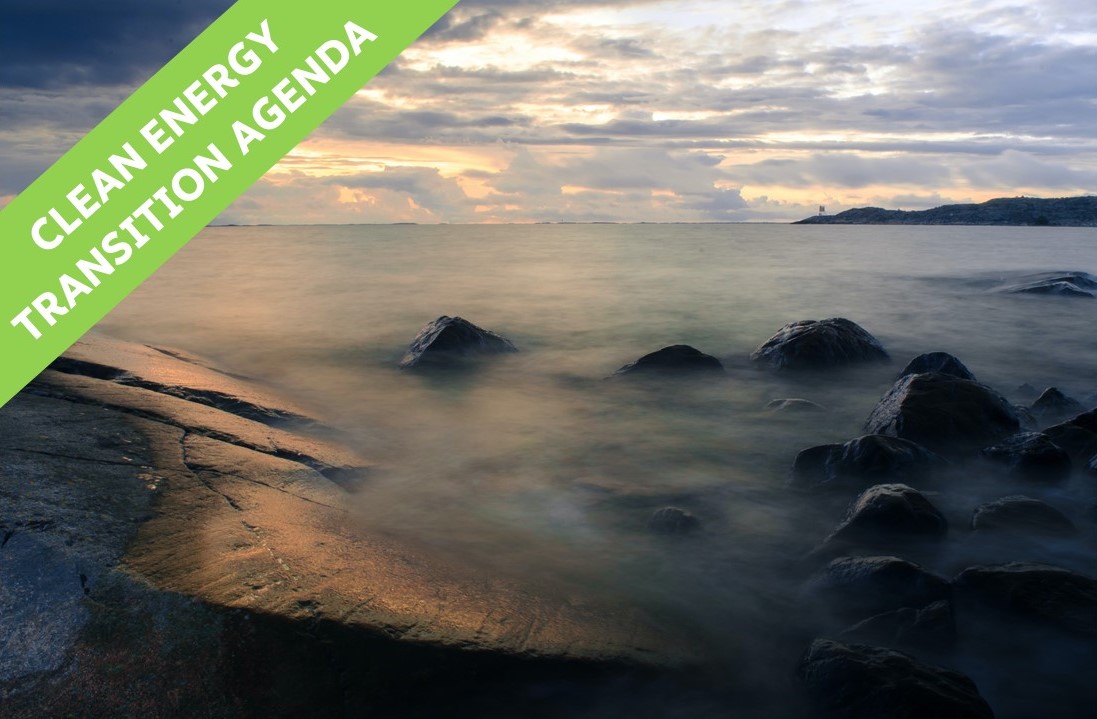
|
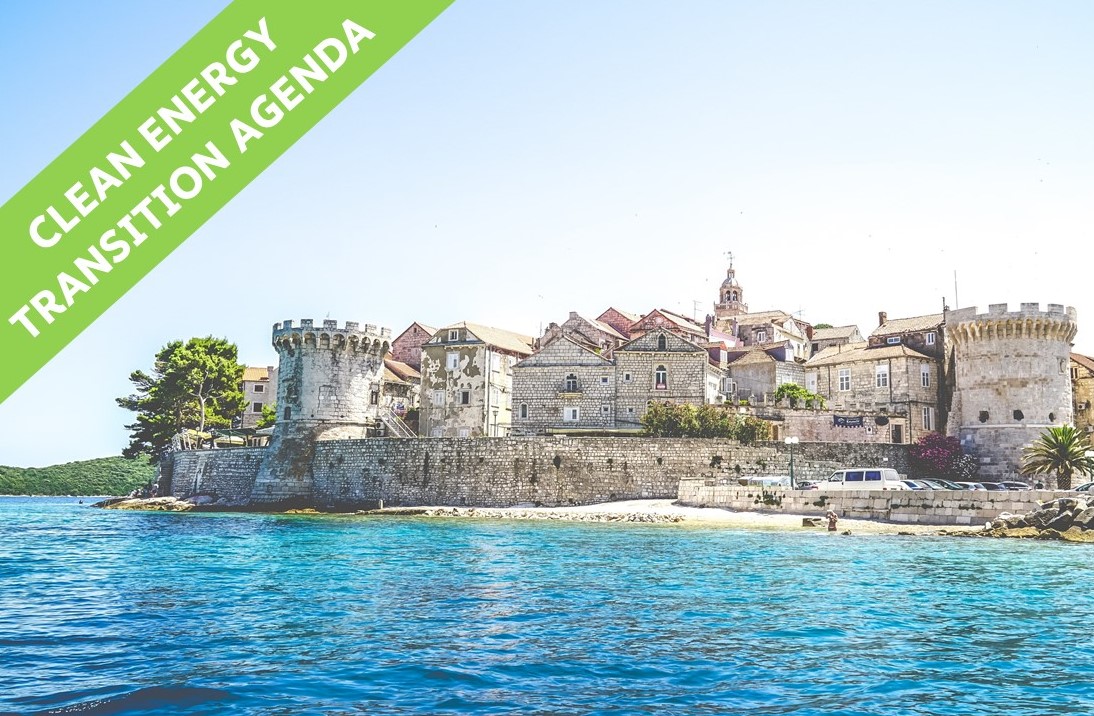
|
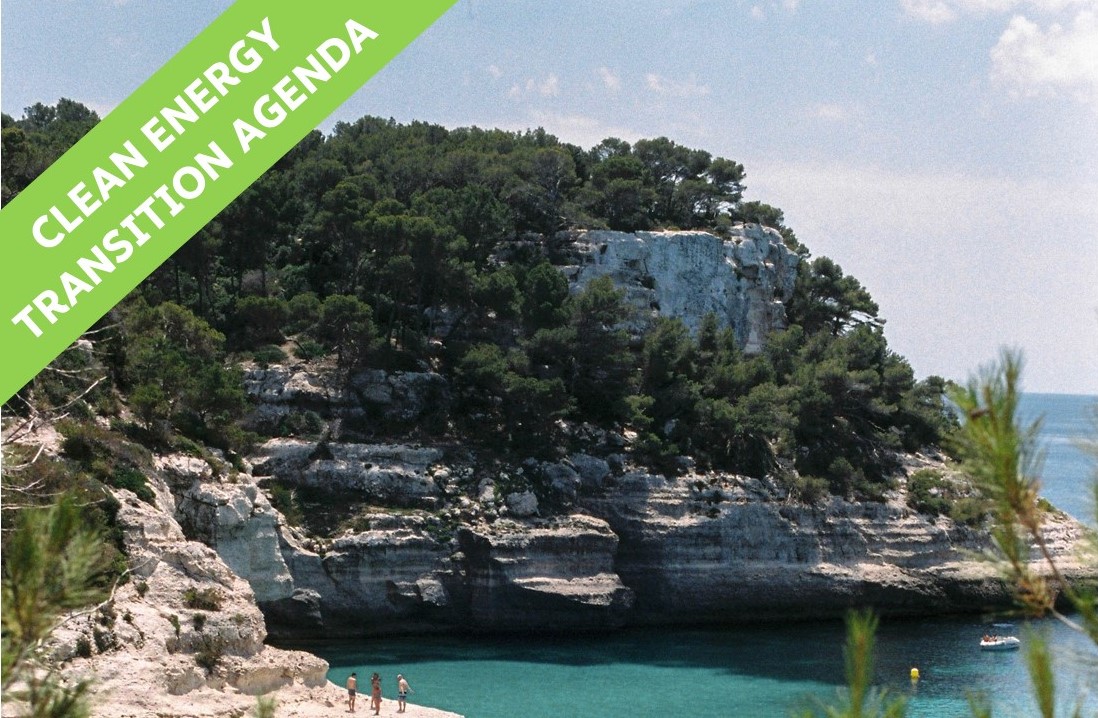
|
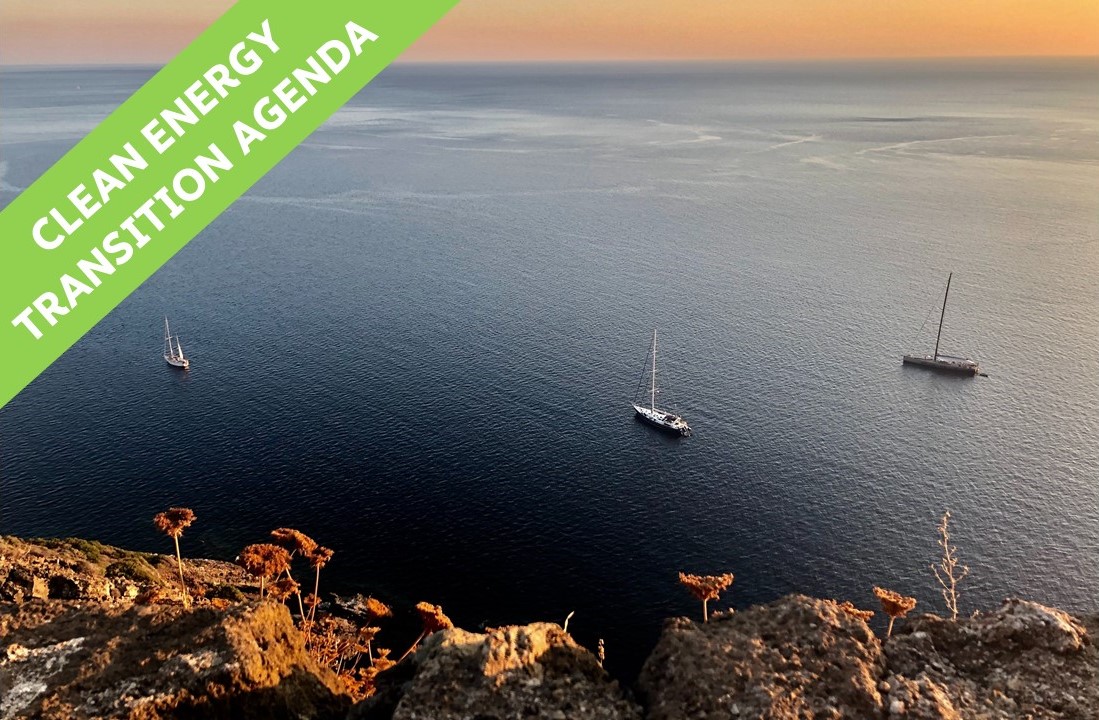
|
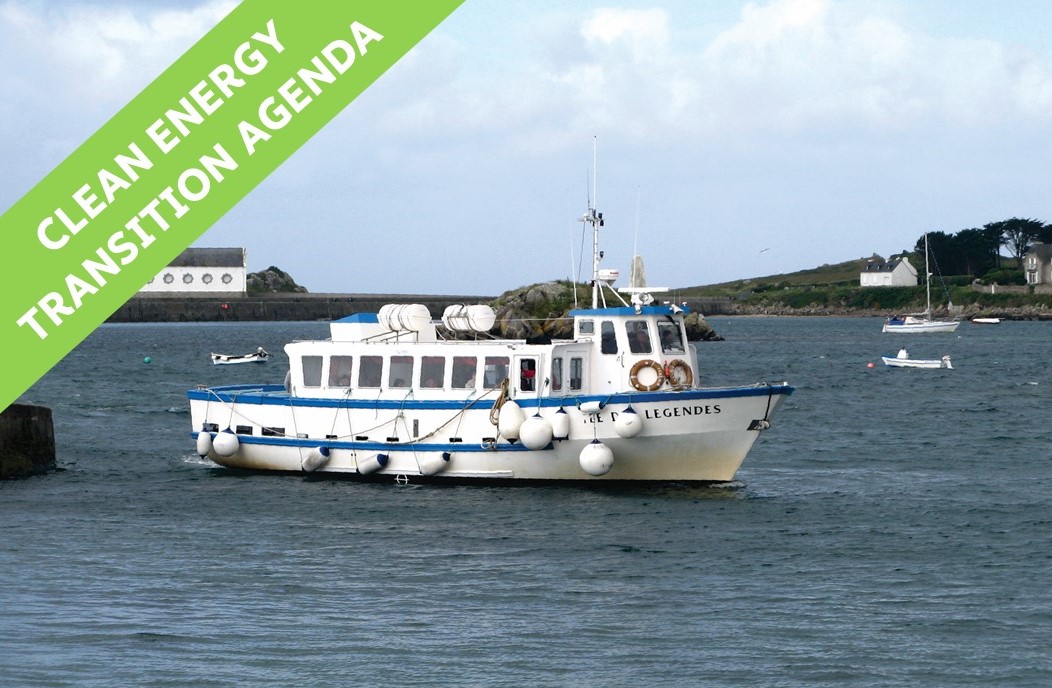
|
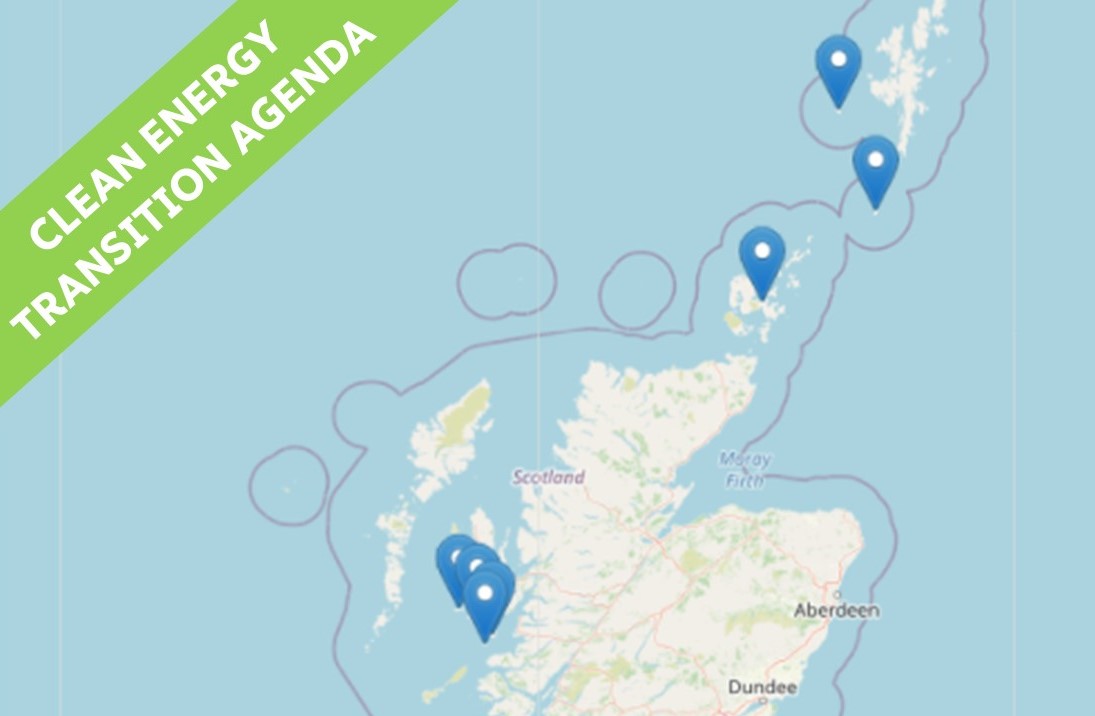
Eigg, Muck, Rum, Canna, |
Highlights from the 22 published island agendas
- A Illa de Arousa considers it a priority to promote a cleaner and more sustainable energy model from which the island’s future generations will be able to benefit. Their transition agenda describes actions in different spaces, times, and with multiple actors, with the goal of preserving the environment and improving the quality of life of people.
- The island of Brač aims to become energy independent by 2030 to offer its inhabitants and visitors a healthy environment to live and visit. It plans to do this by increasing energy efficiency, installing renewable energy sources, arranging and improving public transport, and building a waste management centre.
- Cape Clear aims to completely decarbonise all activities on the island by 2040 and aims to decarbonise transport to and from the island by 2050. The island community has strong desire to use clean energy and digital technologies to become a Smart Island in every sense.
- The island of Halki wants to reduce and phase out its dependence on fossil fuels and replace them with alternative and other sustainable energy sources. Energy independence is one of the strong guiding principles in Halki’s clean energy transition.
- The islands in the Hvar Archipelago plan to be energy self-sufficient by 2035, and to make this transition one that is driven and owned by the local communities.
- Ibiza wants to become an example of a sustainable island, in which a diverse range of renewable energy sources supply the needs of the island. Citizen participation is a transversal value in Ibiza’s transition, which should lead to a diversified socio-economic model.
- The Greek islands of Kasos and Symi developed transition agendas in which they aim for energy independence and active citizen participation while ensuring safe, sufficient and affordable energy access.
- Kökar is working on completely decarbonising its energy system by 2050, by using innovative and sustainable energy solutions. The island aspires to be a small-scale role model for other islands around the world.
- Korčula envisions to become a green island where the community is guided by the principles of caring for people, caring for the environment, conservation of the common good and resources. The island aims to become carbon-neutral by 2050.
- Menorca has developed a highly detailed and comprehensive roadmap to decarbonize its energy system. The island is working on a new, more resilient energy model that brings benefits to social welfare and the local economy and emphasizes environmental protection and respect of the natural biosphere reserve.
- Pantelleria aims to achieve complete decarbonisation in the shortest possible time, targeting almost total energy independence. The island’s future energy system will be characterized by a high penetration of renewable energy sources and a varied technological mix that ensures reduced supply costs.
- Iles du Ponant: The French islands Ouessant, Molène and Île de Sein are working on pioneering projects on energy efficiency, local energy production, power system control and sensibilisation to advance their clean energy transition.
- The islands of Eigg, Muck, Rum, Canna, Fair Isle and Foula, and the peninsula of Knoydart envision to work together as a collective of communities to deliver a decarbonisation agenda that provides an affordable, resilient low carbon energy supply for all residents.
About the Clean Energy for EU Islands Initiative
As part of the EU’s Clean Energy for All Europeans package, the EU's Clean Energy for EU Islands initiative provides a long term framework to help islands generate their own sustainable, low-cost energy. The Clean Energy for EU Islands initiative was launched in May 2017 in Malta, when the European Commission and 14 EU countries (Croatia, Cyprus, Denmark, Estonia, Finland, France, Germany, Greece, Ireland, Italy, Malta, Portugal, Spain, and Sweden) signed a Political Declaration for the decarbonisation of EU islands.
About the Secretariat
The Clean Energy for EU Islands Secretariat provides comprehensive guidance to islands on how to kick-start and advance their clean energy transition in the form of stakeholder engagement methodology, support in the preparation of transition agendas, capacity-building, technical support on developing projects and financial plans as well as networking and community-building opportunities. www.euislands.eu
